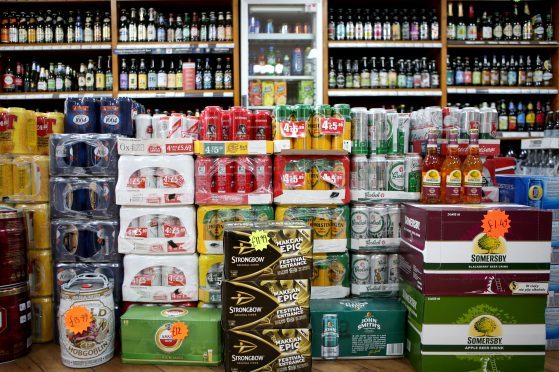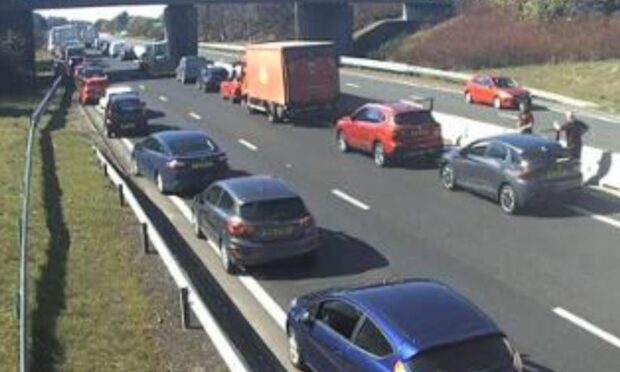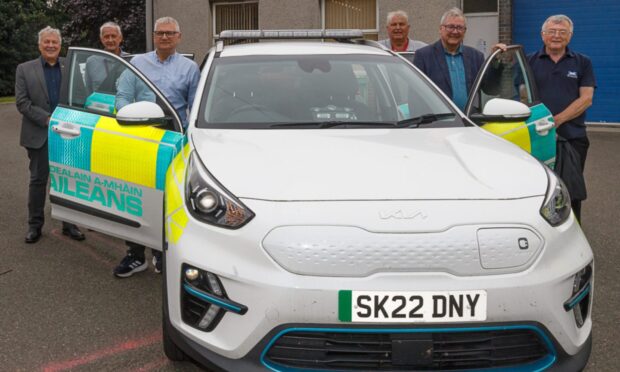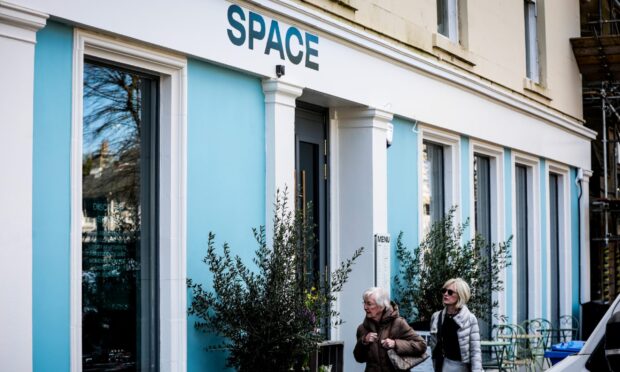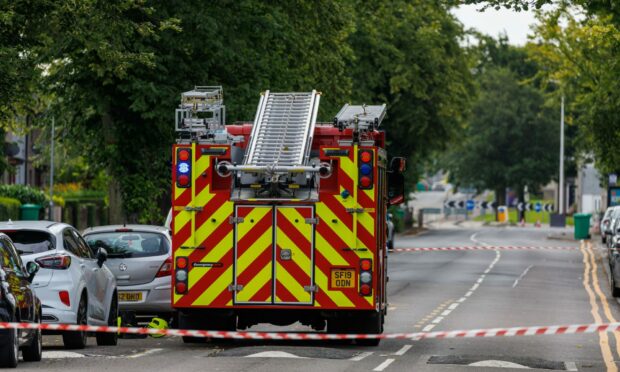The granting of new off-sale licences could be banned across Fife amid revelations alcohol costs the region £130 million a year.
Shocking new figures have revealed 71,000 adults across the kingdom are regularly drinking more than recommended limits every week, leading to soaring rates of alcohol-related hospital admissions and an increase in deaths.
More than half of police time is spent dealing with incidents involving drunk people.
With 70% of people drinking at home rather than in pubs and restaurants, the role of off-sales has been closely looked at.
The highest rates of harm are being caused in Fife’s most deprived areas, Cowdenbeath and Levenmouth, which also have the highest number of off-sales premises.
Experts from NHS Fife, Fife Council and Fife Alcohol and Drug Partnership have produced a report citing “clear evidence” of a link between deprivation and alcohol-related harm.
In it, they say: “There is an association in Fife between high levels of provision and high levels of harm and inequalities.”
The report recommends further off-sales licences should be restricted in Cowdenbeath and Levenmouth where there is already “substantial evidence” of alcohol-related harm.
The authors have also recommended the consideration of a complete ban on any further off-sales licences across the whole of Fife to stop those affected going to neighbouring areas to buy drink.
The report will go to Fife Licensing Board, which is due to publish a new licensing policy by November.
Fife has 1,069 licensed premises – 36 for every 10,000 adults.
In 2016/17, there were 666 alcohol-related A&E attendances, 10% of which involved children aged 15 or under.
Rates among those in the region’s most deprived areas were seven times greater than in the least deprived.
During the same period, alcohol accounted for 2,344 hospital admissions, 30% more than 10 years ago.
In the report, the authors say: “Alcohol-related harm is estimated to cost the Scottish economy £3.6 billion a year.
“Estimates for Fife give a figure of £130m.”
They add: “Research provides evidence that off-sales make a greater contribution to alcohol-related harm due to alcohol being, in general, cheaper in off-sales than on-sales…and there is no control over the quantity of off-sales consumed compared to on-sales where the quantity is supervised.”
